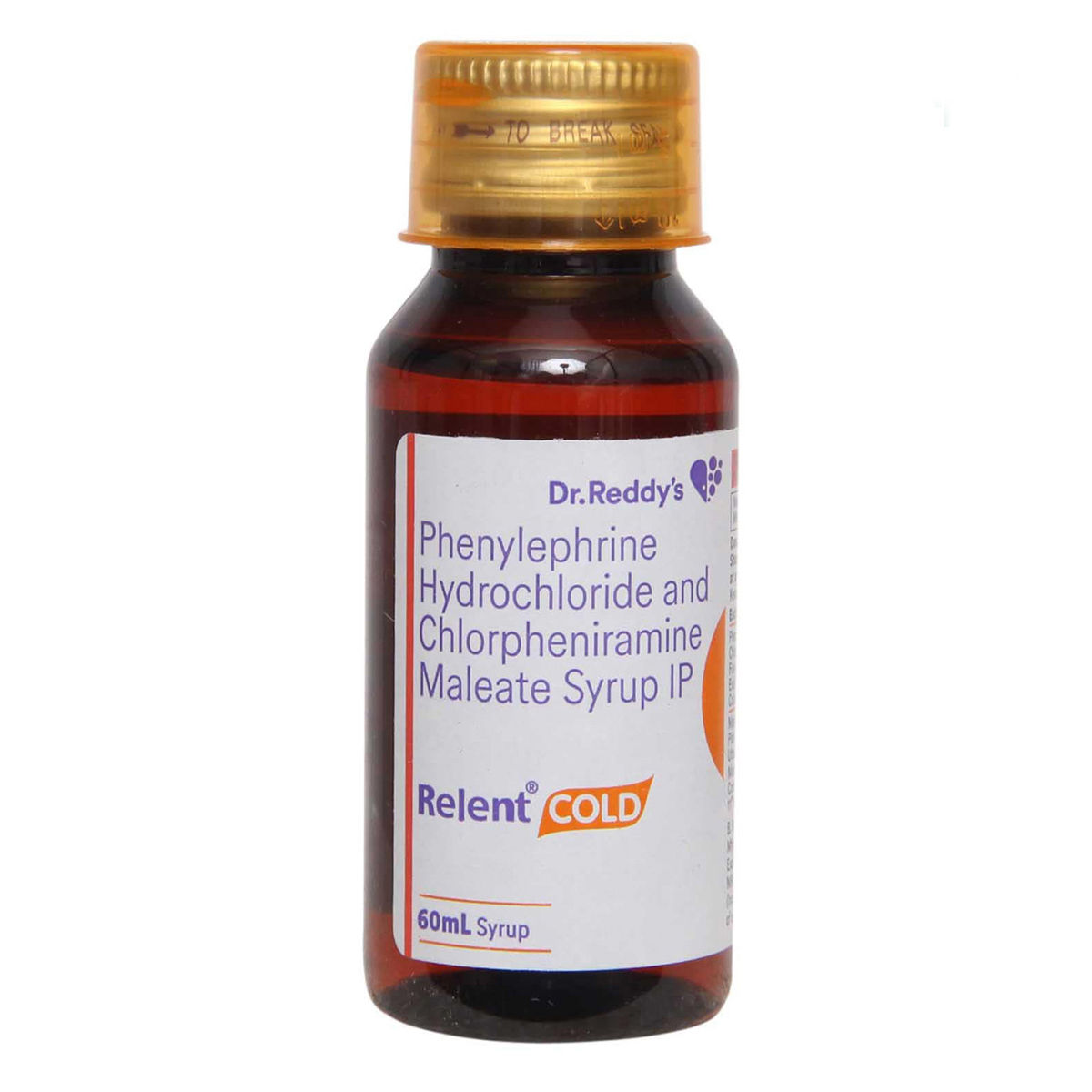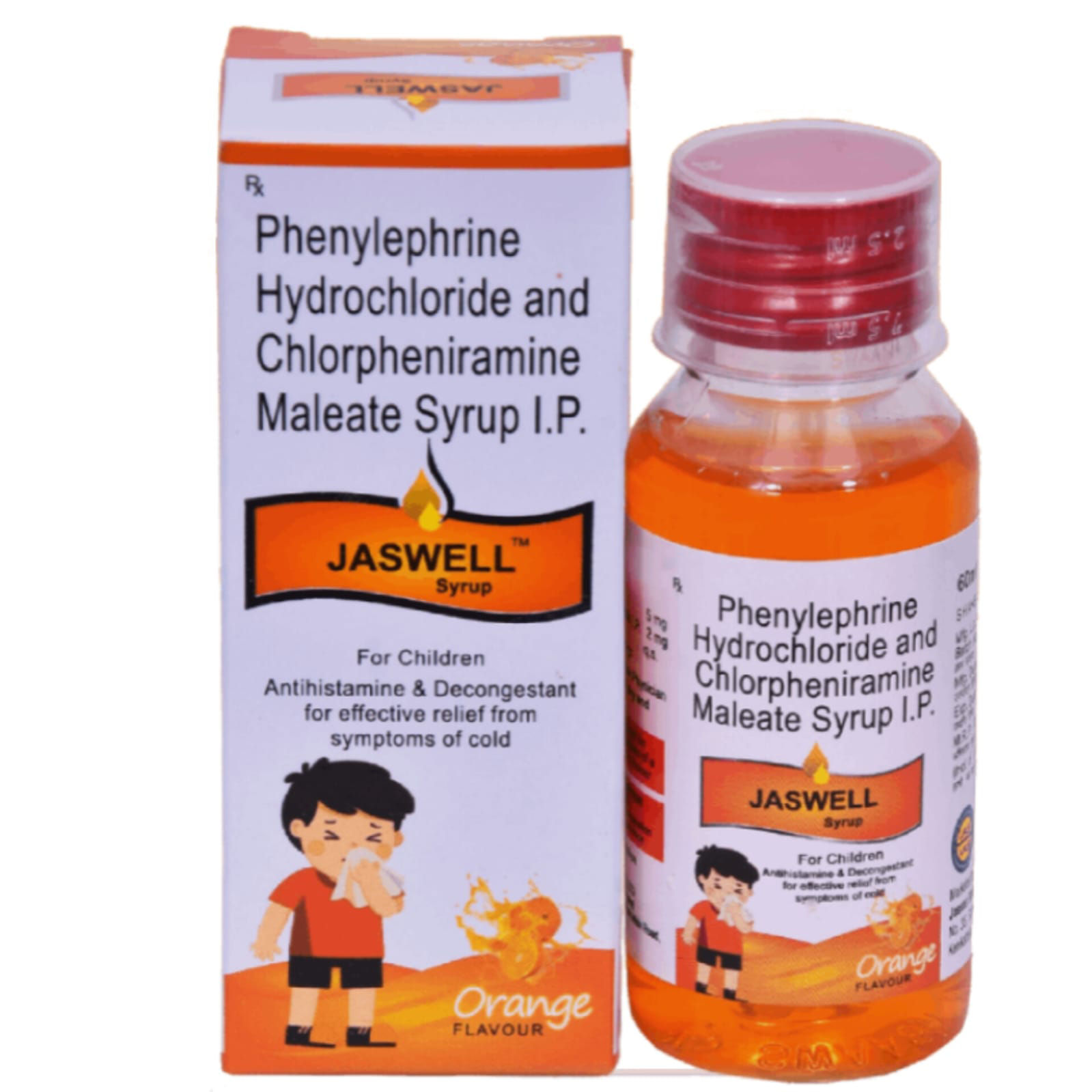Mincin Oral Drop 15 ml
Mincin Oral Drop is used to treat symptoms of the common cold and allergies like sneezing, runny/stuffy nose, fever, headache, body pains, congestion, or watery eyes in children. It contains Phenylephrine hydrochloride and Chlorpheniramine maleate. Phenylephrine hydrochloride works by contracting and narrowing the blood vessels. Thus, it provides relief from congestion and decreases mucus production. Chlorpheniramine works by blocking the action of histamine, a substance responsible for causing allergic reactions. It helps relieve symptoms of allergies such as sneezing, running nose, watery eyes, itching, swelling, and congestion or stiffness.
₹63*
MRP ₹70
10% off
₹59.5*
MRP ₹70
15% CB
₹10.5 cashback(15%)
Free Delivery
With Circle membership
(Inclusive of all Taxes)
This offer price is valid on orders above ₹800. Apply coupon PHARMA10/PHARMA18 (excluding restricted items)
Know Your Delivery Time
Provide Delivery Location

Whats That

Secure Payment

India's Most Trusted Pharmacy

Genuine Products
Manufacturer/Marketer :
Consume Type :
Return Policy :
Expires on or after :
About Mincin Oral Drop
Mincin Oral Drop belongs to the class of medication called 'cough and cold medications' used to treat symptoms of the common cold and allergies like sneezing, runny/stuffy nose, fever, headache, body pains, congestion, or watery eyes in children. The common cold is a respiratory illness affecting the nose and throat. It is mostly caused by viruses known as 'rhinovirus'. The virus enters the body through the nose, mouth or eyes and spreads easily through droplets in the air when the person who is sick sneezes, coughs or talks.
Mincin Oral Drop is a combination of two drugs, namely, Phenylephrine hydrochloride (decongestant) and Chlorpheniramine maleate (antihistamine/antiallergic). Phenylephrine hydrochloride belongs to the class of decongestants that work by shrinking the blood vessels in the nasal passage. Thereby providing relief from congestion and decreasing excess mucus production. Chlorpheniramine maleate belongs to the class of antihistamines (anti-allergic drugs) that works by blocking the action of histamine, a substance responsible for causing allergic reactions. It helps relieve symptoms of allergies such as sneezing, running nose, watery eyes, itching, swelling, and nasal congestion.
Mincin Oral Drop is for paediatric use. Your doctor will recommend how often your child needs to take Mincin Oral Drop based on his/her medical condition. Mincin Oral Drop may cause common side effects such as drowsiness, nervousness, headache, dizziness, insomnia (difficulty falling or staying asleep), blurred vision, constipation and dry mouth. Most of these side effects of Mincin Oral Drop do not require medical attention and gradually resolve over time. However, if the side effects persist or worsen, please consult your doctor.
If your child is allergic to Mincin Oral Drop or any other medicines, please tell your doctor. Please do not give more than the prescribed dose of Mincin Oral Drop to your child as it may cause adverse effects.
Uses of Mincin Oral Drop
Medicinal Benefits
Mincin Oral Drop contains Phenylephrine hydrochloride and Chlorpheniramine maleate. Phenylephrine hydrochloride is a decongestant that works by contracting and narrowing the blood vessels. Thus, it provides relief from congestion and decreases mucus production. Chlorpheniramine maleate is an antihistamine (anti-allergic drug) that works by blocking the action of histamine, a substance responsible for causing allergic reactions. It helps relieve symptoms of allergies such as sneezing, running nose, watery eyes, itching, swelling, and congestion or stiffness.
Side Effects of Mincin Oral Drop
- Restlessness
- Headache
- Dizziness
- Drowsiness
- Blurred vision
- Constipation
- Dry mouth
Directions for Use
Syrup/Drops: Shake the bottle well before use. Check the label for directions and give the prescribed dose to your child by mouth with the help of a measuring cup/dropper provided with the pack.
Storage
Drug Warnings
Please tell your doctor if your child is allergic to Phenylephrine, Chlorpheniramine or other medicines. Please do not give more than the prescribed dose of Mincin Oral Drop to your child. If your child has kidney or liver diseases, inform your doctor.
Therapeutic Class
Diet & Lifestyle Advise
- Wash your child’s hands with soap and water regularly to prevent the spread of germs.
- To improve overall health, eat plenty of foods rich in good bacteria, like yoghurt.
- Drink plenty of fluids to avoid dehydration.
- Gargle with salt water for relief from sore throat.
Habit Forming
How Mincin Oral Drop Works
What if I have taken an overdose of Mincin Oral Drop
Alcohol
Not applicable
-
Pregnancy
Not applicable
-
Breast Feeding
Not applicable
-
Driving
Not applicable
-
Liver
Consult your doctor
If your child has a history of liver problems, please inform your doctor.
Kidney
Consult your doctor
If your child has a history of kidney diseases, please inform your doctor.
Children
Safe if prescribed
Use Mincin Oral Drop for children as advised by the doctor.
Country of origin
Manufacturer/Marketer address
Author Details
We provide you with authentic, trustworthy and relevant information
FAQs
Disclaimer
Product Substitutes














